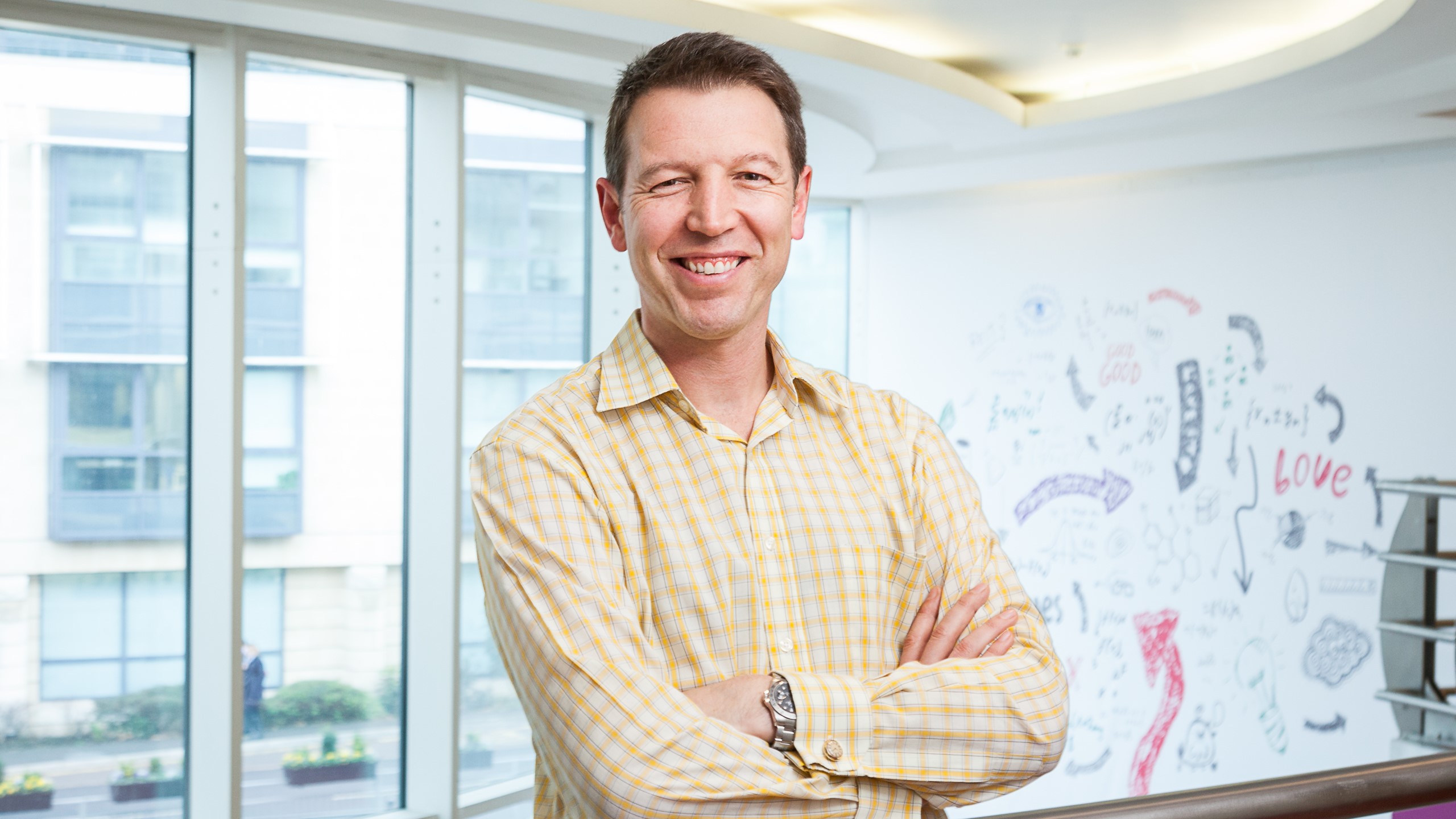Three CEO: Capacity, not speed is the true 5G revolution
Dave Dyson talks up Three's 5G strategy

Three CEO Dave Dyson has reiterated his belief that it is capacity, not speed, that will be the truly revolutionary aspect of 5G networks as the operator gears up for its commercial launch in 2019.
Last month, the company provided the first details of its rollout, which will be the result of a £2 billion 5G investment programme including new equipment, spectrum, IT upgrades and the creation of a new virtual core network.
Three sees 5G as its opportunity to transform from the UK’s smallest mobile operator into the market leader thanks to its significant spectrum holdings boosted by auction victories and the acquisition of UK Broadband (which operates the Relish FWA service).
Three 5G
Three customers consume an average of 7.6GB a month and with demand for data increasing all the time, the operator believes 5G will finally give it the craves – especially after the failed attempt to merge with O2
It believes the additional capacity will ensure it can affordably boost the capacity of its mobile network to cope with exploding customer demand and support fixed wireless access (FWA) broadband than can be a genuine alternative to fixed line connectivity.
“I believe we stand on the cusp of the biggest shift in mobile technology since the launch of 3G [networks] 15 years ago,” Dyson told Huawei Mobile Broadband Forum in London. “Why is 4G not a genuine competitor to fixed line broadband? The answer is capacity.
“Mobile operators don’t price at the usage level that meets the profile of a mobile customer. Operators can compete on speed, but not capacity.
Sign up to the TechRadar Pro newsletter to get all the top news, opinion, features and guidance your business needs to succeed!
“The capacity part of 5G is the true revolution.”
Fibre alternative
“We currently use 35MHz to serve our 10 million customers,” Dyson explained. “In the midterm we have a further 20MHz for 4G and then 144MHz of 3.4-3.8GHz. That 6x increase in spectrum and that 5x increase in efficiency [from new radio technologies like Massive MIMO] will give us a 30x increase in capacity before we even add any sites.
“More spectrum will be release for 5G over the next two years than over the past 30 years for 2G, 3G and 4G.”
Since Dyson spoke, Ofcom has approved a request to alter UK Broadband's 3.4GHz licence, giving Three a continuous 100MHz block of spectrum
To support its claims that 5G will make FWA a genuine challenger to fibre broadband, Three commissioned a study from Ovum which found that 5G FWA would be capable of delivering speeds of up to 100Mbps – more than double the average UK fixed line peed of 46Mbps. However, it’s worth nothing that fibre to the cabinet (FTTC) can deliver up to 76Mbps, while full fibre can offer significantly more.
However, the report also claims that FWA is half as cheap to deploy as there is no need to lay physical cables and that customers can save up to £240 a year by not having to pay line rental. The report also says that FWA has an advantage over previous attempts to create a wireless alternative to fixed because the ecosystem is so developed.
Vodafone and EE also plan to launch 5G networks in 2019, with the latter also confirming it will offer FWA services.
- Here are the best iPhone deals for Christmas 2018
Steve McCaskill is TechRadar Pro's resident mobile industry expert, covering all aspects of the UK and global news, from operators to service providers and everything in between. He is a former editor of Silicon UK and journalist with over a decade's experience in the technology industry, writing about technology, in particular, telecoms, mobile and sports tech, sports, video games and media.